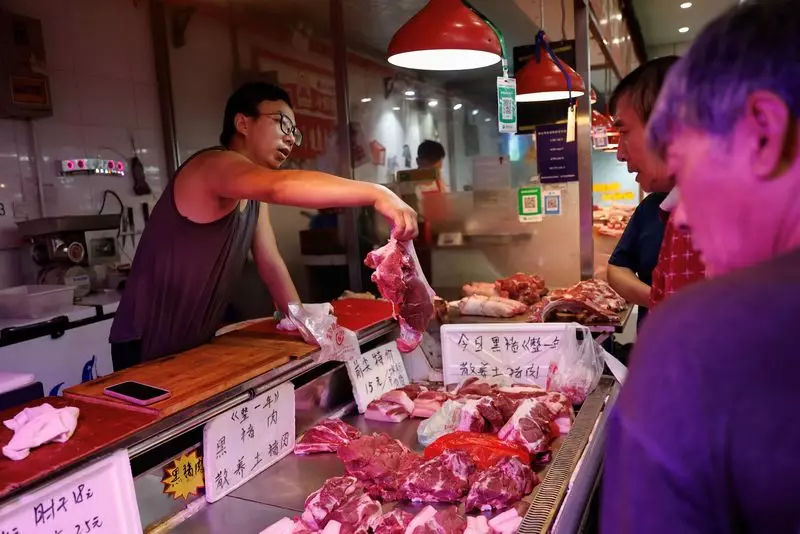Recently, China has initiated an anti-dumping investigation on imported pork and its by-products from the European Union. This move is seen as a response to the EU’s restrictions on Chinese electric vehicle exports. The investigation, announced by China’s commerce ministry, is expected to have significant implications for European pork producers, particularly those in Spain, the Netherlands, France, and Denmark.
The anti-dumping probe, set to begin on June 17th, will focus on various pork products intended for human consumption, such as fresh, cold, and frozen cuts, as well as pig intestines, bladders, and stomachs. The investigation was prompted by a complaint submitted by the China Animal Husbandry Association on behalf of the domestic pork industry. With China importing $6 billion worth of pork in 2023, the EU accounts for more than half of these imports, making it a crucial market for European pork producers.
The investigation into European pork products is widely seen as a retaliatory measure against the EU’s decision to impose anti-subsidy duties on imported Chinese cars. The global food industry has been on high alert for potential retaliatory tariffs from China, especially after reports from state media hinted at possible investigations into European pork and dairy imports. This move comes in the wake of growing concerns over Chinese industrial overcapacity flooding the EU market with cheap products, including electric vehicles.
The anti-dumping investigation poses a significant threat to European pork producers, especially those in Spain, the Netherlands, France, and Denmark. These countries are among the largest exporters of pork to China, with Spain leading the pack with $1.5 billion worth of outbound swine shipments. While European pork producers can continue to export to China tariff-free during the investigation, the uncertainty surrounding the outcome of the probe could have adverse effects on their businesses.
The escalating tensions between China and the EU highlight the changing dynamics of the global trade war. The EU’s increasingly protective trade policy reflects concerns over China’s production-focused, debt-driven economic model, which has led to fears of industrial overcapacity and unfair trade practices. The imposition of anti-dumping duties is a common strategy employed by governments to protect domestic industries from cheap imports that undercut local production.
China’s anti-dumping investigation into European pork products marks a new chapter in the ongoing trade war between China and the EU. European pork producers are likely to face challenges in the coming months as the investigation unfolds. It is imperative for these producers to closely monitor the situation and strategize accordingly to mitigate potential risks to their businesses. As global trade tensions continue to escalate, the need for effective trade policies that promote fair competition and protect domestic industries has never been more critical.

